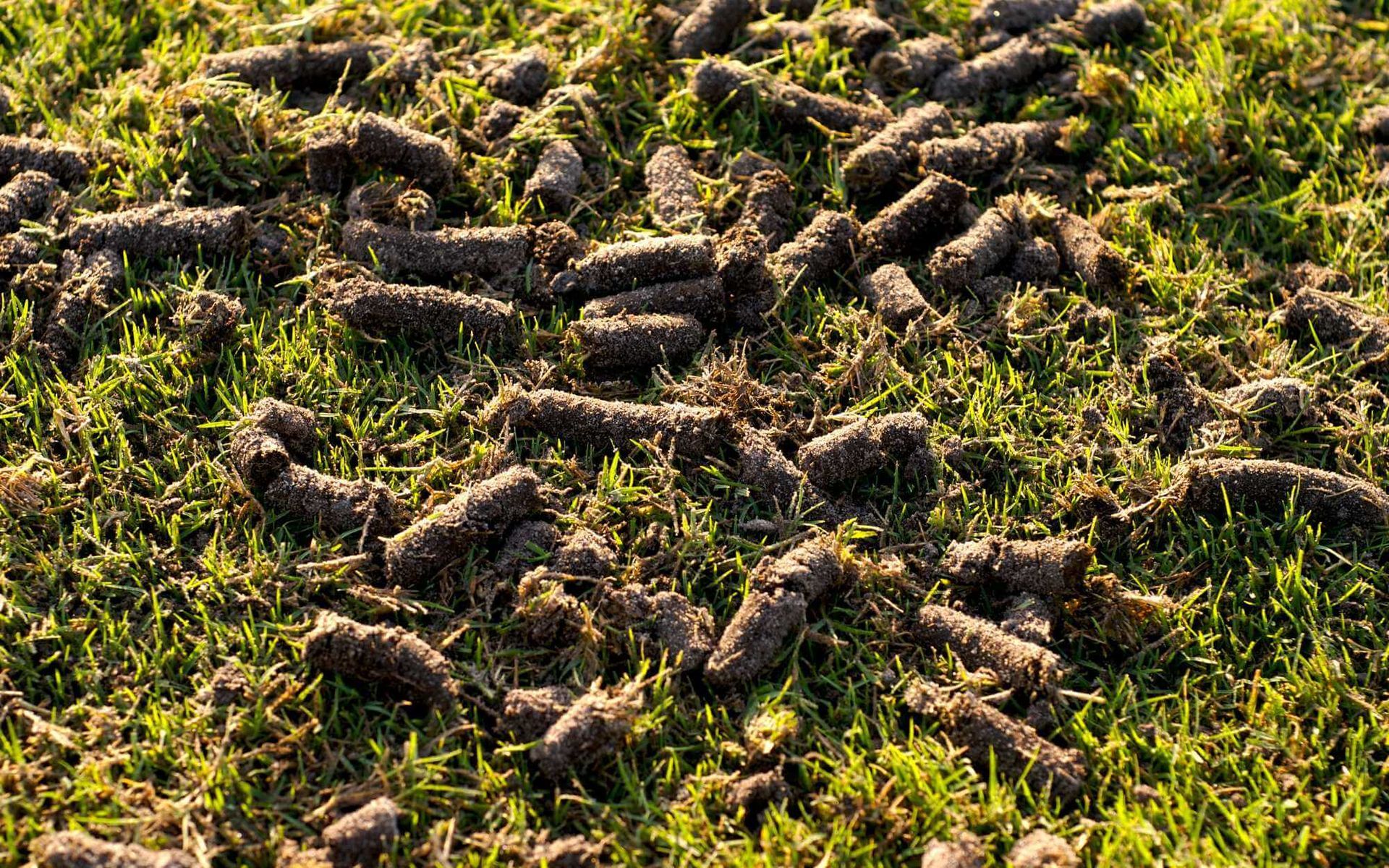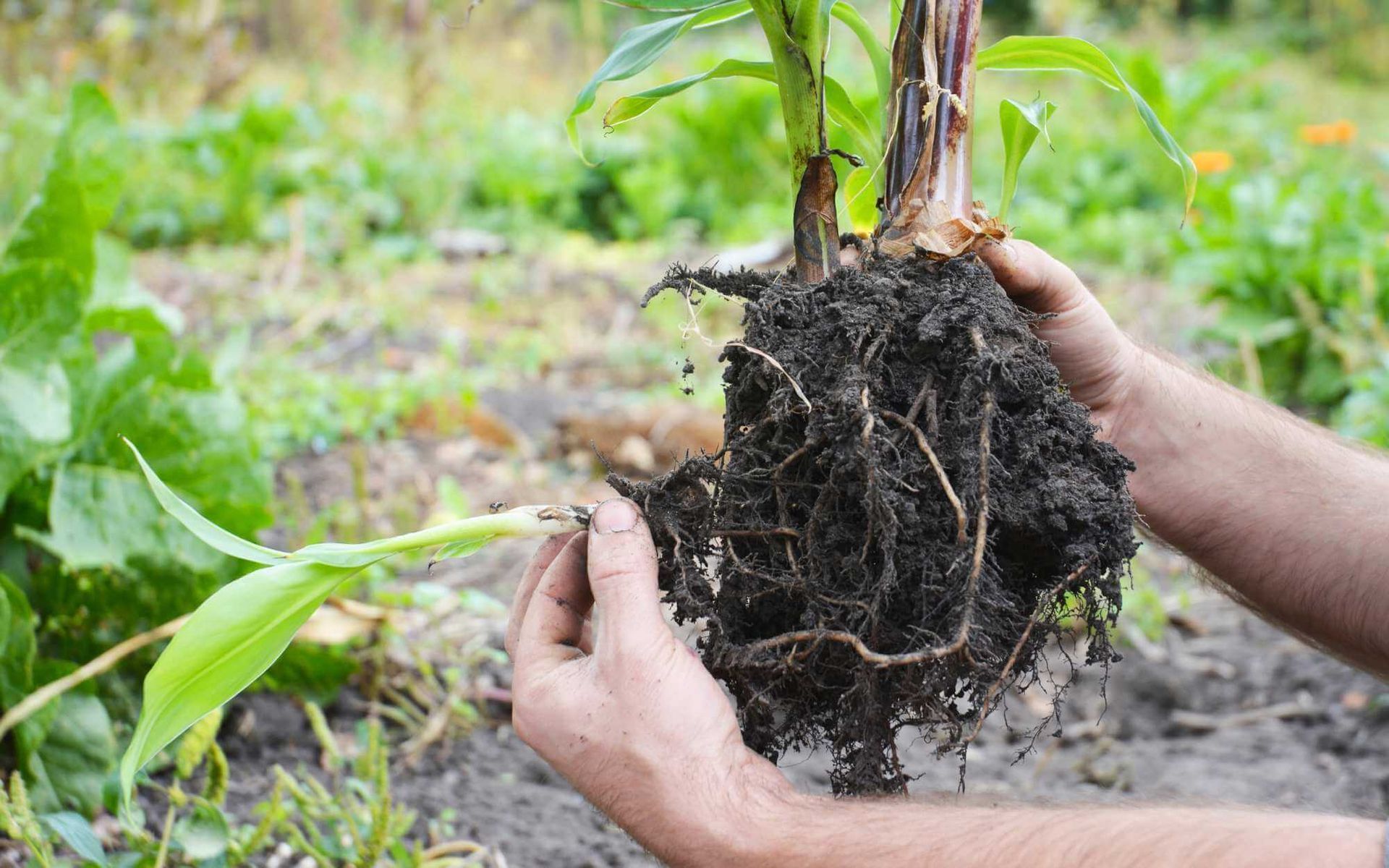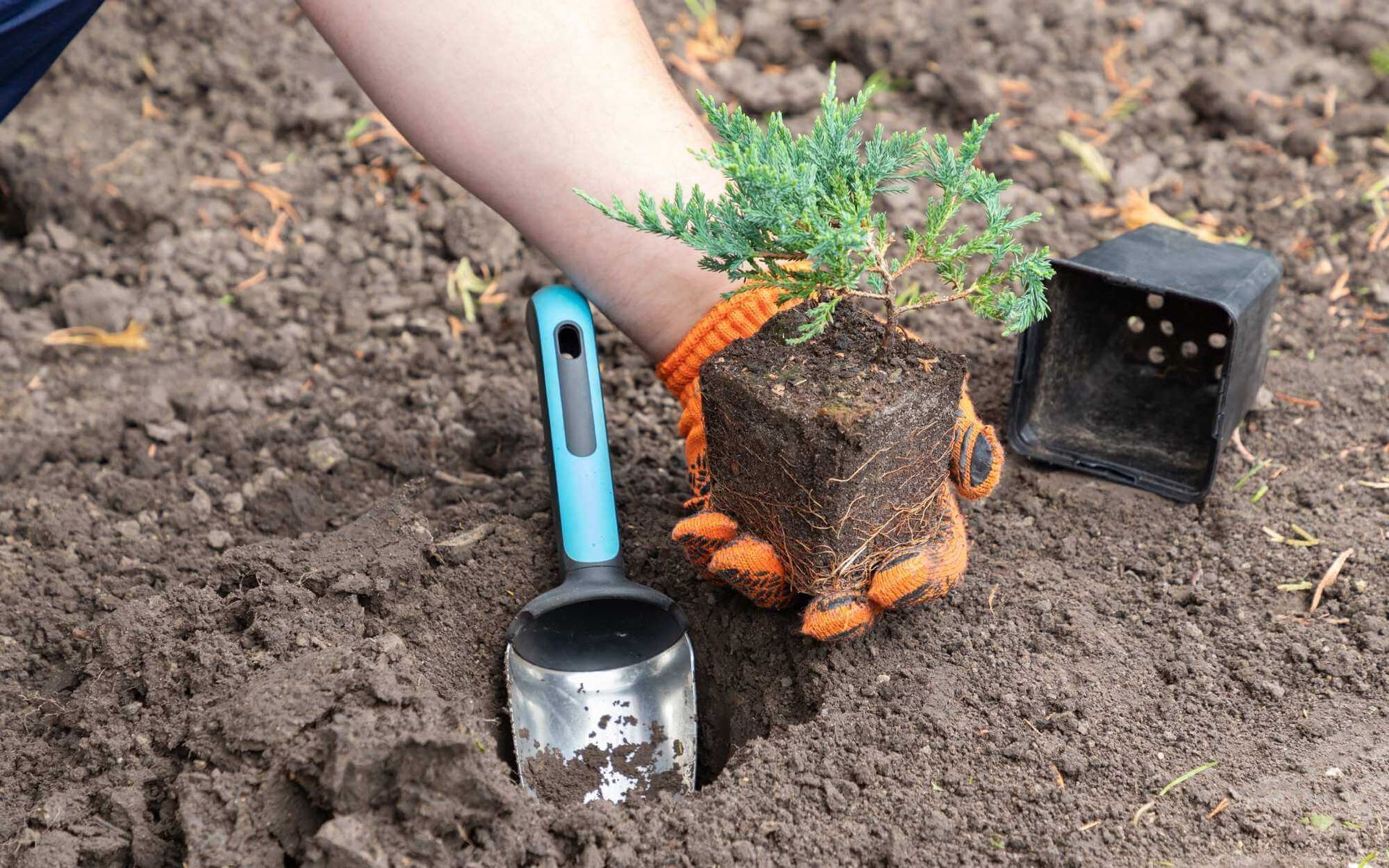Real Tree Team
Arborist, Tree Service and Tree Removal Services
License #: FL-10250A
CALL FOR A FREE QUOTE!
Maintaining Strong Tree Roots for Stability and Longevity
PUBLISHED ON
SHARE THIS ARTICLE

Just as a sturdy foundation is critical to the stability of a building, so too are strong roots essential to the health and survival of a tree. Root strength is more than just an interesting botanical feature; it's a lifeline that anchors a tree to the earth, enabling it to weather storms, withstand external pressures, and nourish its towering growth.
This blog post delves into the intriguing world of tree roots, illuminating their crucial role in ensuring tree stability, and ultimately, the vitality of our ecosystems.
The Role of Tree Roots
Tree roots serve multiple essential functions.
Primarily, they anchor the tree, providing stability in various weather conditions and preventing toppling. Moreover, roots absorb water and nutrients from the soil, facilitating the tree's growth and boosting its health. They also play a significant role in soil conservation.
By binding the wet soils together, tap roots prevent erosion, especially on slopes, thus preserving the soil quality and protecting the surrounding terrain.
Consequently, maintaining a strong tree root system is crucial not only for individual trees but for the overall ecosystem's health, stability, and vitality.
Benefits of Maintaining Strong Tree Roots

Maintaining strong tree roots has a wealth of benefits impacting the tree itself, its surroundings, and the ecosystem at large.
- Tree Health: Strong roots absorb nutrients more efficiently, promoting robust tree health and growth.
- Stability: Well-rooted trees can withstand harsh weather conditions, reducing the risk of toppling and associated damages.
- Biodiversity: Healthy root systems create habitats for diverse microbial life, enhancing local biodiversity.
- Soil Conservation: By binding the soil, strong roots mitigate erosion, particularly in sloped areas, preserving soil quality.
- Carbon Sequestration: Most trees with robust root systems are efficient carbon sinks, which are critical in mitigating climate change.
- Water Management: Tree roots can help in groundwater management, reducing runoff and facilitating water percolation into deeper soil layers. This benefit is particularly crucial in a growing urban forest, where stormwater management is a pressing issue.
Factors Affecting Tree Root Strength
Several factors can significantly influence the strength and health of tree roots, contributing to or undermining a tree's overall vitality.
- Soil Composition and Quality: The composition and quality of soil significantly affect tap root strength. Nutrient-rich soil promotes healthy root growth, while poor soil leads to weak roots and stunted tree growth.
- Proper Watering and Irrigation: Adequate watering nourishes root mass, facilitating the absorption of essential nutrients. However, overwatering can lead to waterlogged soil and root rot, damaging the good root system.
- Avoiding Compacted Soil: Compacted soil restricts root growth as it hinders water and air circulation. Loosened soil allows lateral roots to spread, absorb nutrients, and stabilize the tree.
Tips for Maintaining Strong Tree Roots

Ensuring strong tree roots requires proactive care and attention. Here are some ways to promote robust root growth and maintain root health:
- Proper Planting: Proper planting techniques play a vital role in root development. It's essential to plant trees at the right depth, avoiding burying the root flare (where the trunk meets the roots) and leaving enough space for root expansion.
- Watering: Adequate watering is critical to promoting healthy root growth. Newly planted trees require regular watering, while established trees may benefit from deep, infrequent soaking.
- Mulching: Mulch helps retain soil surface moisture, reduces weeds that compete for nutrients, and moderates soil temperature. It also promotes root growth by providing a favorable environment for beneficial microbes.
- Soil Aeration: Compacted soil can impede root growth and nutrient uptake. Aerating the soil around trees can help alleviate compaction and promote healthy root growth.
- Fertilization: Fertilizers can provide essential nutrients to trees, but over-fertilization can harm root growth. It's crucial to choose the right fertilizer and apply it carefully according to the tree's needs.
- Pruning: Pruning is a vital part of maintaining tree health and root strength. Proper pruning techniques help keep the crown balanced and reduce excessive weight that can put stress on roots.
Strong Tree Root Systems for Healthier Ecosystems
Strong tree roots underpin overall tree health and resilience, serving as a critical anchor and nutrient lifeline. Their vitality safeguards against weather extremes, promotes robust growth, and protects our ecosystems. Indeed, the strength of a tree's roots directly mirrors its overall health and stability.
Don't leave your trees to chance—consult our
certified arborist today. Their expertise can guide you in nurturing strong, healthy roots and thriving trees.
Want a free quote or some friendly advice? Call our team today:
More Posts From The Real Tree Blog:
ISA Certified Arborists. Licensed, Insured and Bonded.
Providing the Highest Quality Tree Services to South Florida since 1993.
FOLLOW US ON :
Contact Details
BROWARD & PALM BEACH COUNTIES
Site Links

LGBTQ+ Friendly

ISA Certified Arborist®
FL-10250A
| Real Tree Trimming & Landscaping, Inc




